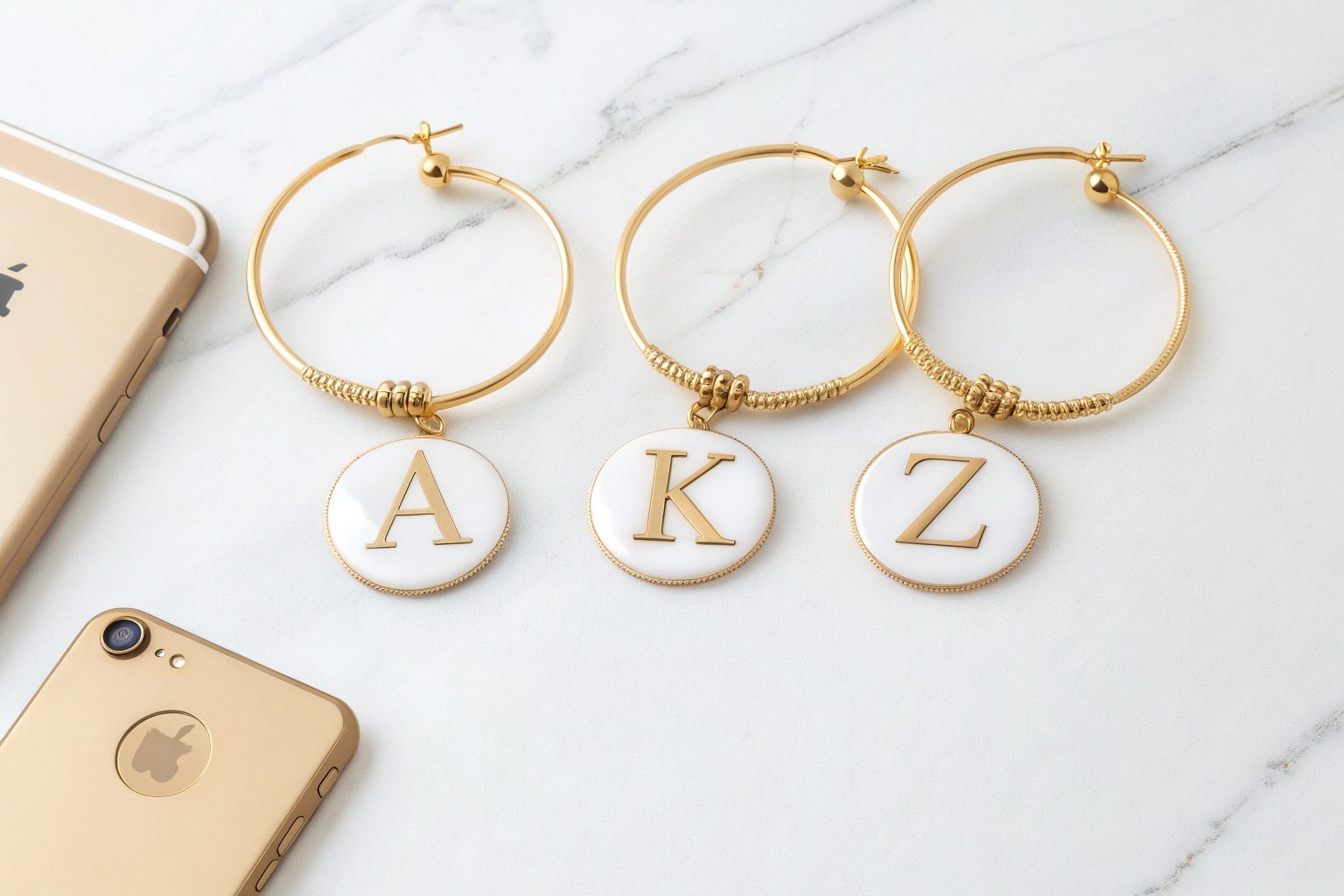You might have the perfect product idea and a willing factory, but if you ignore cultural norms, deals fall through or progress slows. Misunderstandings cost time, money, and trust.
When working with Chinese suppliers, it’s crucial to understand their business etiquette, communication style, and relationship-based mindset—these cultural cues shape how deals are made and kept.
At AceAccessory, I’ve seen partnerships succeed or fail based on cultural fit more than pricing. When we respect each other’s way of doing business, everyone wins faster.
What are the cultural considerations of the Chinese?
To navigate sourcing in China successfully, you need to understand the deeper layers of Chinese business culture. It’s more than politeness—it’s a set of unspoken expectations built around trust and hierarchy.
Key Chinese cultural considerations include the importance of relationships (guanxi), indirect communication, hierarchical respect, and saving face (mianzi) in business interactions.

Key Concepts to Understand
| Concept | Meaning in Business |
|---|---|
| Guanxi | Relationship network, built slowly but essential |
| Mianzi | Face or reputation; avoid public blame or criticism |
| Hierarchy | Decisions come from top-level, even if junior staff negotiates |
| Indirectness | Chinese suppliers may not say “no” directly—read between lines |
For instance, a supplier might say, “Let me check with my boss” instead of rejecting a price. That doesn’t mean maybe—it often means “no,” but politely.
What cultural differences should you be aware of when dealing with Chinese customers?
Whether you’re working with a buyer, manager, or merchandiser, understanding how Chinese professionals approach business can improve both collaboration and negotiation.
Chinese business culture often favors long-term thinking, group consensus, and soft-spoken assertiveness—these differ from Western directness and individualism.

Common Differences in Business Style
| Topic | Western Style | Chinese Style |
|---|---|---|
| Communication | Direct and to the point | Indirect, often implied |
| Time Horizon | Short-term contracts | Prefer repeat, long-term cooperation |
| Problem-Solving | Public confrontation to fix problems | Private discussion, avoid blame |
| Negotiation Style | Fast, aggressive bargaining | Slower, relationship-based negotiation |
I’ve found that when we approach discussions with patience and empathy, suppliers open up. Rushing or pushing too hard often backfires, especially in early stages.
How do you deal with suppliers in China?
There’s no one-size-fits-all playbook for dealing with Chinese suppliers, but the best outcomes come when you blend structure with flexibility—and show respect at every step.
To work effectively with Chinese suppliers, maintain clear specs, show appreciation, follow up respectfully, and invest in the relationship—not just the transaction.

5 Best Practices for Dealing with Chinese Factories
- Be Precise: Send tech packs, drawings, and samples. Don’t leave things open to interpretation.
- Follow Up Consistently: Use email and WeChat. Gentle reminders help suppliers prioritize your order.
- Visit When Possible: Factory visits build long-term trust and accountability.
- Offer Forecasts: Even if loose, sharing annual projections signals you’re a serious client.
- Respect Holidays: Understand Chinese New Year and other holidays disrupt production—plan ahead.
At AceAccessory, we often act as a cultural bridge for our overseas clients. We translate not just language—but expectations and tone.
What are 5 rules of etiquette in Chinese culture?
Etiquette affects everything from emails to dinner meetings. When buyers follow Chinese business customs, it strengthens mutual respect and opens doors to better terms and treatment.
Five key rules of Chinese business etiquette include being punctual, respecting hierarchy, exchanging business cards properly, avoiding confrontation, and offering small gestures of courtesy.

Top 5 Etiquette Tips
| Rule | How It Applies in Business |
|---|---|
| Be Punctual | Shows professionalism—especially on factory visits |
| Greet with Both Hands | Hand over business cards with both hands |
| Use Titles (e.g., Manager Wang) | Formal titles matter—don’t just say “Hey” |
| Avoid Public Disagreements | Discuss issues privately to protect face |
| Gift Giving (Optional but Welcome) | Small token gifts from your country are appreciated |
Even a simple gesture—like saying “谢谢” (xiè xiè)—can go a long way in showing goodwill. Relationships in China are built on details that may seem small, but they make a big difference.
Conclusion
Success in sourcing from China isn’t just about price or MOQs—it’s about people. When you take time to understand the culture behind your supplier, you gain more than compliance—you gain cooperation, consistency, and long-term advantage.










